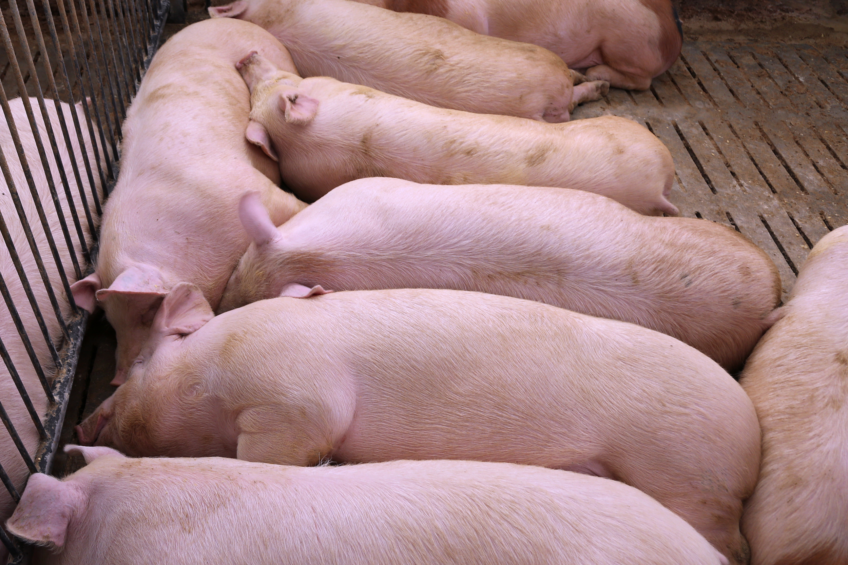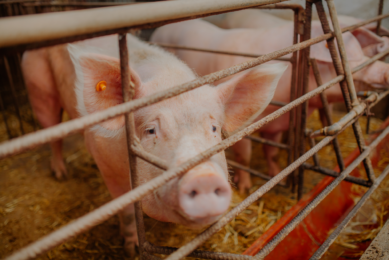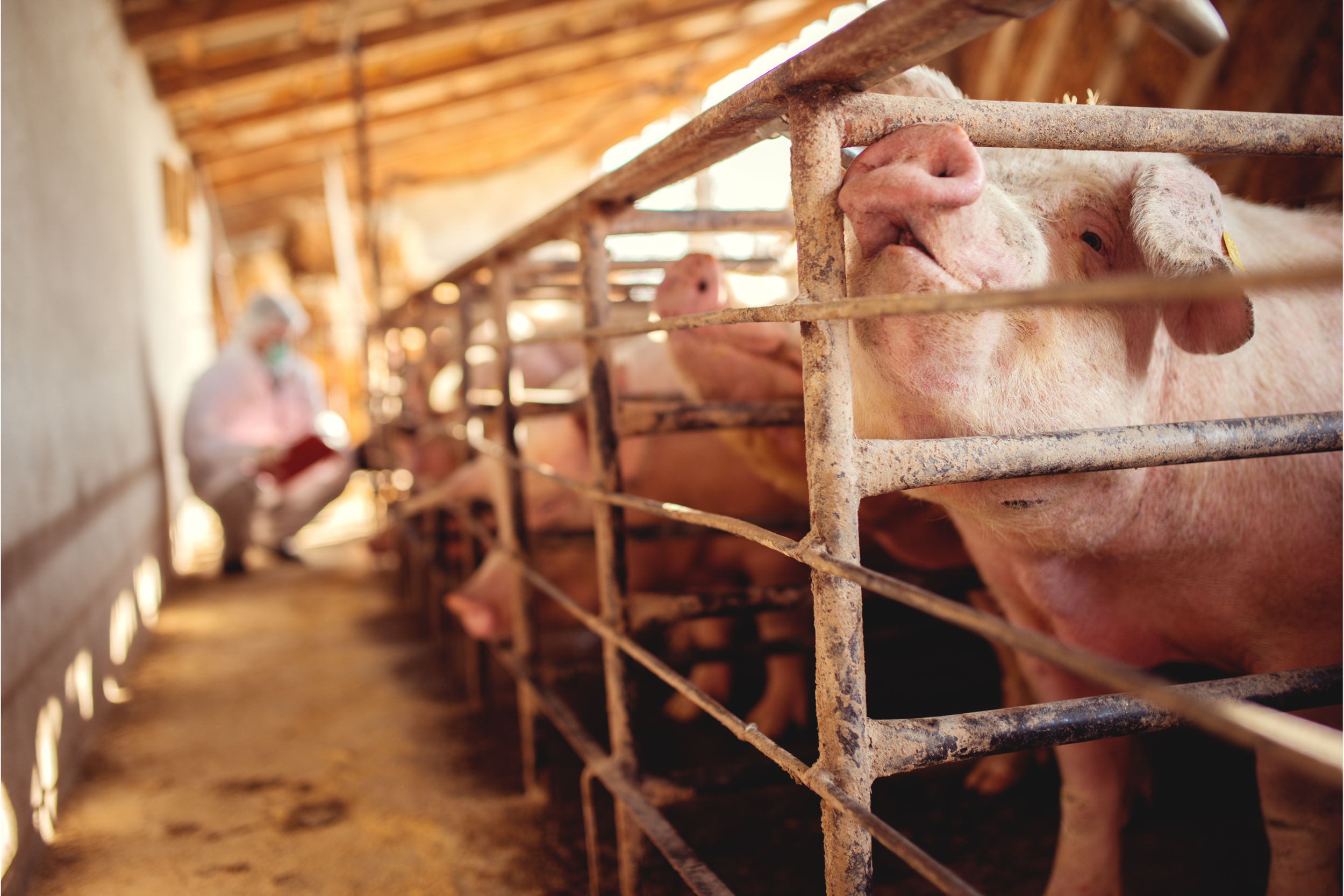US pork market: Prop 12’s power seems to be dwindling

The US House Agriculture Committee has just passed its so-called Farm Bill for the year, which the National Pork Producers Council (NPPC) says will “fix” the many Prop 12 issues that are “plaguing producers and consumers.”
The saga over Proposition 12 has been ongoing since 2018. Compliance with Prop 12 has been expensive for producers, and has contributed to higher pork prices, which is negative for both consumers and the pork industry. The NPPC points to recent US Department of Agriculture data indicating that since Prop 12 came into effect, California pork has spiked in price as much as 41%.
Although Proposition 12 is state legislation based in California, it affects pork production in all other US states and also countries that ship pork to California, including Canada.
Prop 12 went into effect January 1, 2024 and requires that any pork meat sold within the state of California must only come from producers who meet minimum sow housing requirements (more space per pig than is typical). The US Supreme Court upheld Prop 12 in May 2023. In October 2023, several senators introduced a bill opposing Prop 12, supported by the NPPC.
Patchwork not working
NPPC President Lori Stevermer just stated that she is pleased to see the US House Agriculture Committee “seize the opportunity to stop a potential 50-state patchwork of differing on-farm regulations,” that Prop 12 started. That is, a couple of other states such as Massachusetts have also moved forward with regulations similar to Prop 12.
The NPPC and the American Farm Bureau Federation had warned that absent congressional action, producers are “at risk of arbitrary and conflicting state laws across all 50 states…most severely harm[ing] small and medium-sized farms by imposing massive compliance costs and forcing significant consolidation throughout agriculture.”
The NPPC had joined forces with the Federation to garner support from 900+ agricultural stakeholders to lobby the government for changes to Prop 12 in the Farm Bill. In a letter to U.S. House Agriculture Committee Chair and a Ranking Member on Prop 12’s damaging implications, the coalition highlighted the patchwork concern, and also:
Cost: University studies that have found building “Proposition 12-compliant barns can cost 40% more than traditional barns…not including the estimated 15% higher operating costs caused by reduced productivity.”
International trade threats: Prop 12 compliance weakens America’s ability to negotiate trade agreements, “as countries could impose similar non-science based regional restrictions on US exports.”
Producers trapped by California law: Pork producers lack the luxury of choosing not to sell into the California market. California represents the biggest state pork market in the US.
Freedom to farm protected: The House Farm Bill protects producers’ freedom to farm, but it also “continues allowing states to act independently, imposing laws that impact commerce within their borders and regulating practices occurring there.”











